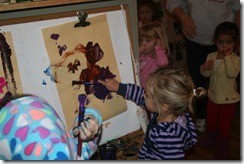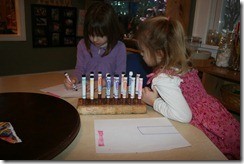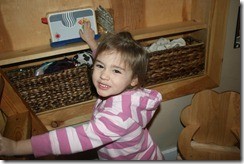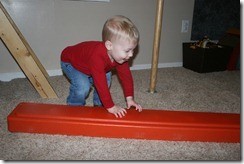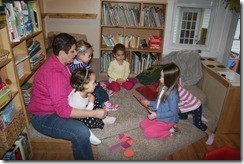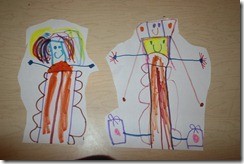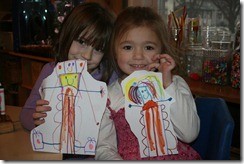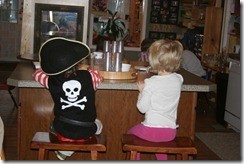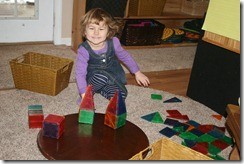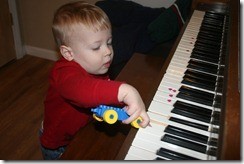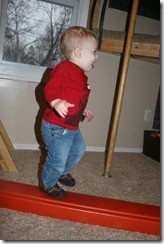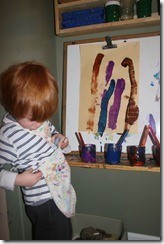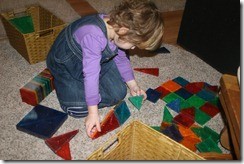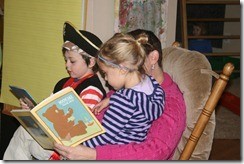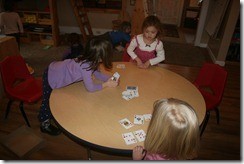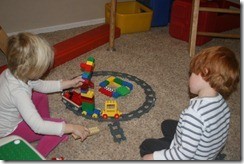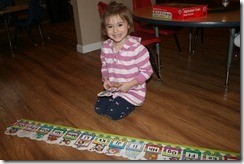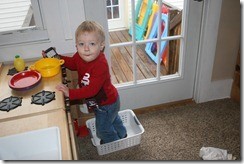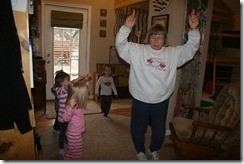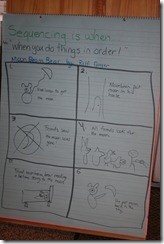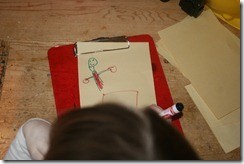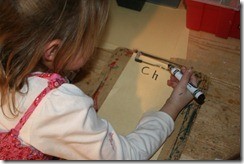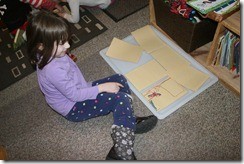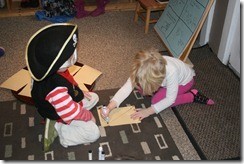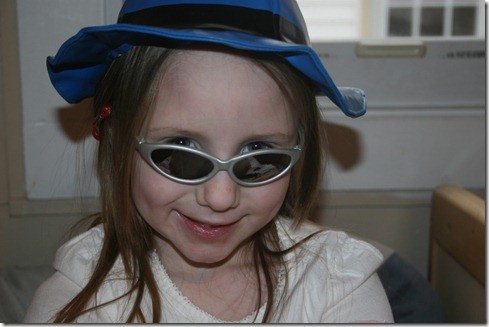 “Genius, commonly defined as “extraordinary intellectual and creative power”, is a term we probably wouldn’t use to describe ourselves or our children. We may believe we’re smart or talented, but most of us don’t think we’re all that extraordinary. Even if we are “a person who has an exceptionally high intelligence quotient, typically above 140”, we don’t typically imagine ourselves geniuses.” (from http://www.janetlansbury.com/2011/01/4-ways-to-kindle-your-childs-genius/)
“Genius, commonly defined as “extraordinary intellectual and creative power”, is a term we probably wouldn’t use to describe ourselves or our children. We may believe we’re smart or talented, but most of us don’t think we’re all that extraordinary. Even if we are “a person who has an exceptionally high intelligence quotient, typically above 140”, we don’t typically imagine ourselves geniuses.” (from http://www.janetlansbury.com/2011/01/4-ways-to-kindle-your-childs-genius/)
I personally believe that everyone has a capacity for genius in some area. The trick is finding your genius, understanding it, embracing it, and fueling it. Many people spend their entire lives lamenting that they have failed to achieve greatness in certain areas of their life. And while grieving about the failures, they miss the places where they have extra special abilities. Howard Gardner ‘s theory Multiple Intelligences is something we use in understanding our Wee Frienders. We know that children have potential genius! This genius can show itself in a variety of cool ways and we are here to support them. However the tricky part is to know “how and when to stoke the flames, and when to let them be.” (Lansbury)
Lansbury recommends 4 Ways To Kindle Your Child’s Genius:
- Make boredom a friend, not an enemy. Our children are most creative and expressive when they come up with ideas all on their own. And although creative ideas sometimes come to us while we’re busy, they usually materialize in a relaxed, but not always comfortable, “bored” state in between activities. If adult-initiated activities are too close together, or passive entertainment like TV is always on hand to fill the void, children don’t have enough “blank” time and brain space to hone their inventive powers.
- Less is more creative — thinking inside the box. I’m certainly not advocating doing away with toys. But our fascinating human tendency to create more and engage longer with less, is something to keep in mind. The water balloon “babies” my sisters spent hours imagining stories with in the neighbor’s pool; the games like “Shoes”, one of many my sisters and I invented, which entailed struggling to be the first to find a matching pair of shoes among those hidden in my mother’s bedroom in the dark; the rolls of craft paper an artist acquaintance described entertaining herself with all day as a child, not just creating paintings and drawings, but making hats, skirts and scarves… These are all examples of genius at work.
- Wait (the hardest part). Encouraging genius means trusting, which often means waiting instead of directing, helping or teaching — waiting for an older child to express an interest in tennis lessons before we sign him up. When we go ahead and make decisions for our children in these situations, we risk taking their attention away from the guidance of an inner voice, and train them to be followers rather than original thinkers. As Magda Gerber advised, “Be careful what you teach the child, you may interfere with what he is learning.”
- In child we trust. As their interests and talents manifest themselves, our children need our whole-hearted support and encouragement to continue to follow their inner guide, keep doing what they love. Our children’s dreams and aspirations may seem illogical, impractical or impossible, but to encourage genius we must trust them anyway.
Today we welcomed our new friend, Ben into our classroom! 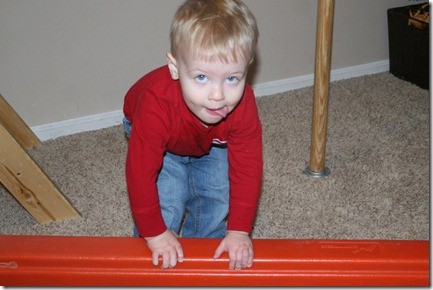
We did not have the Gymnastics bus today as Jennifer lives in Michigan and had icy conditions to deal with. We will make up that class at a later date. Here’s some pics from our busy morning:
For breakfast we had raisin bran and bananas. Wee Sprouts were sweet pea pods. Lunch was whole wheat noodles with pork, mixed vegetables and fresh pear slices. Snack will be cream cheese on whole wheat flatbread.
Have a fabulous day!
Tami

